Practically Serbia in the Balkans plays the role of a small Russia that threatens its neighbors with military parades. The political narrative for Kosovo in Serbia is almost the same as Putin does in relation to Ukraine, but practical military intervention is not assumed to be possible due to the NATO presence in Kosovo.
But it is known that currently Serbia has two countries targeted for destabilization, Kosovo (its north) and the Serbian part from BaH-Republika Srpska. However BaH is more endangered due to the complexity of governing, but northern Kosovo also remains a hotspot where Serbia is expected to manifest its political strategy.
Only a few hours after Russian President Vladimir Putin’s yesterday move to recognize the independence of Donetsk and Lugansk, also orders for Russian troops to enter separatist-held parts of eastern Ukraine, which the Kremlin called a “peacekeeping” mission, the United States, Great Britain and Germany, are among the first countries to announce sanctions against Moscow. On the other hand, Russia’s main ally in the Balkans, Serbian President Aleksandar Vucic, has called a meeting of the National Security Council of Serbia, with the topic of the situation in Ukraine. While he has put the country’s army and police on alert, Serbian media close to Vucic report. Some media outlets there have also been made available to pro-Russian propaganda, filling the front pages with fake news about how Ukraine has attacked Russia.
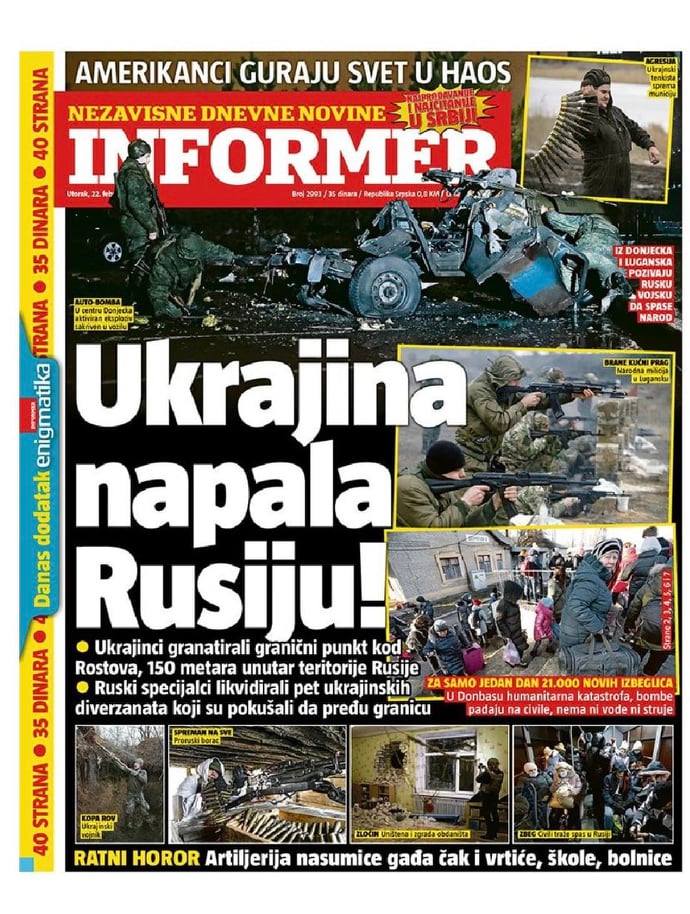
While Western leaders have their eyes on Russia’s invasion of Ukraine, Putin has taken care to maintain his influence in the Balkans through his permanent ally Serbia, by sending his top security envoy to the Balkans. Nikolai Patrushev, secretary of the Kremlin Security Council, is expected to hold a meeting with Serbian President Aleksandar Vucic in Belgrade in the coming days. So far it is known that Serbia is positioned on the Russia side, but after the sanctions, it will soon be asked for a clear its position if supports Russia, which is aiming to invade Ukraine, or it will join the sanctions against Russia and line up with the western world. The latter is less likely to happen.
On the other hand, Kosovo has already made it clear that it stands with Ukraine, against the inheritor of the Soviet Union, Russia. Kosovo’s Ministry of Defense said last month that Republic of Kosovo stands firmly by NATO and US and is ready to assist in the case of Russian invasion of Ukraine. Kosovo’s geostrategic positioning alongside Ukraine is happening because of Kosovo’s pro-western approach also because of its past and this has not gone unnoticed by Russian diplomacy. Russian Foreign Minister Sergei Lavrov last week claimed that ‘mercenaries’ from Kosovo, Bosnia and Albania had joined Ukraine’s military units, meanwhile officials from the three countries have denied such claims. Kosovo has by law prohibited the participation of its citizens in wars abroad and this law provides for severe penalties.
Kosovo was already part of Russia’s propaganda war in relation to Ukraine. During the meeting between Putin and German Chancellor Scholz, when Putin accused NATO for bombing Serbia, but he got a response from Chancellor Scholz who told him that NATO stopped the Serb genocide in Kosovo. Foreign Minister Lavrov has also repeatedly tried to portray NATO as an aggressor over the 1999 bombing of Yugoslavia.
Although the security situation in the Western Balkans is stable at the moment, looking at the political movements of Republika Srpska in Bosnia and Hercegovina, the political movements of Serbian President Aleksandar Vucic, we can conclude that there will be activities in the future. This can be confirmed also by the visit of the Russian foreign envoy to Belgrade, which will take place soon.
In a new moment that is changing security rules in the world, there is no question at all if Serbia will try to destabilize the Balkans, the question is when and how? Serbia’s tendencies towards Bosnia and Kosovo are known worldwide, given that Serbia still has Kosovo as part of its Constitution, this is the most real threat to Kosovo in the future, add to this other attempts such as the last case when Kosovo implemented the license plate agreement, Serbia sent contingents and heavy military equipment to the border with Kosovo.
Post Author
Author
-

Kosovo based analyst that focuses on current affairs, communication and technology. She studied Albanian Literature, and Economics, Management and Information Sciences. MA in Journalism and Communication. Co-authored the Worlds of Journalism Study report on Kosovo Journalists.
View all posts


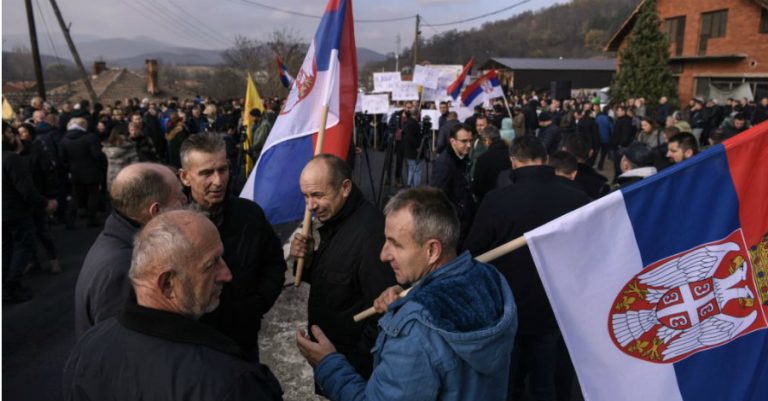
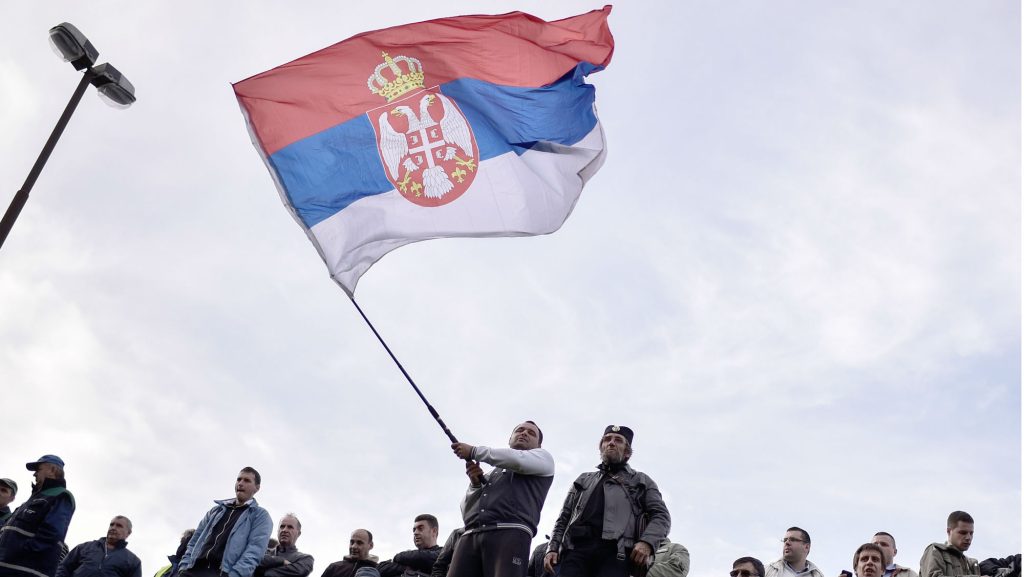
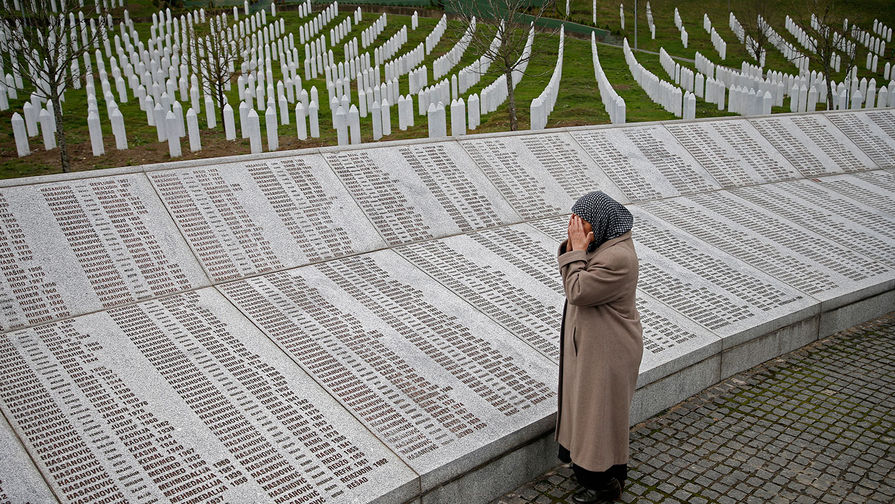
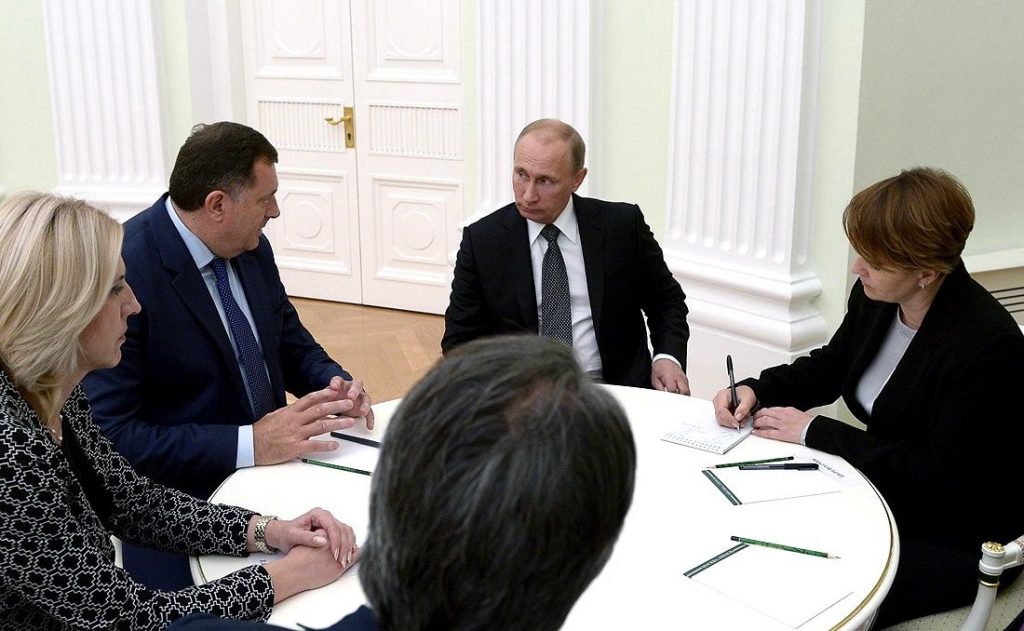


Pingback: Serbia, the only country in the Balkans that did not condemn Russian aggression in Ukraine - Robert Lansing Institute